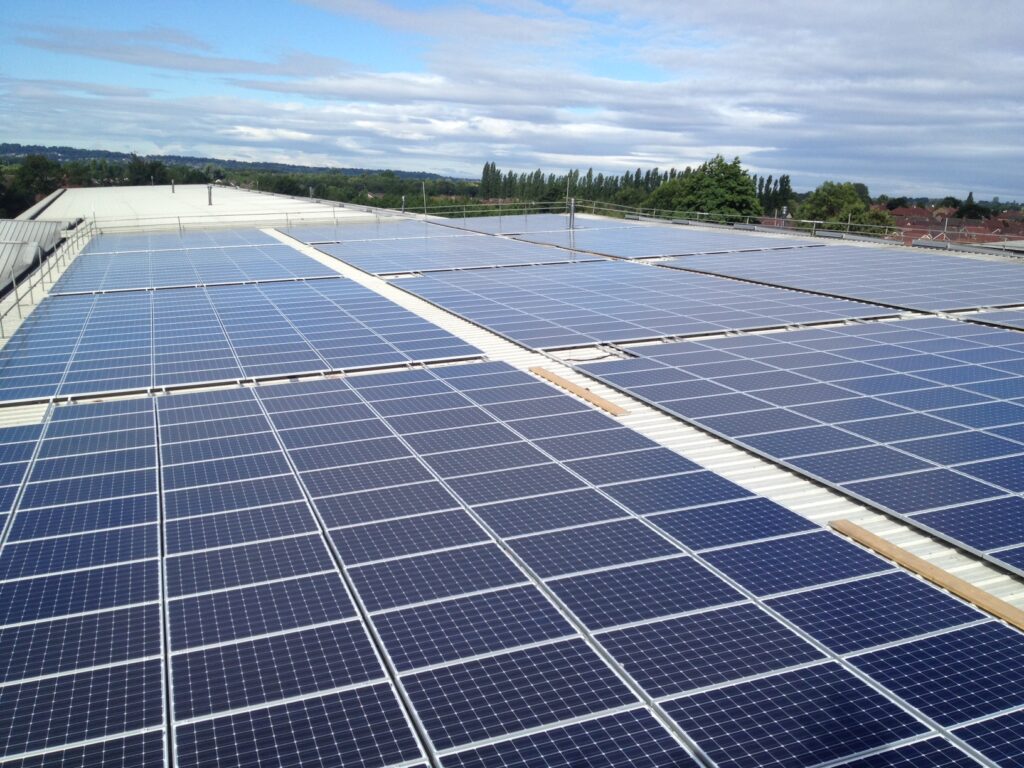The future success of UK SMEs lies in the adoption of energy efficiency, on-site generation and energy storage, according to global financial solutions firm DLL.
In its latest white paper “The cost of energy: Reduce, generate, store”, the company argues that the key to success in the future energy environment will rest on small and medium-sized firms developing an energy-aware management culture.
The document identifies the ‘three energy possibilities’ presented by efficiency, generation and storage as mutually supportive, adding up to what DLL calls “the future of UK medium-sized businesses: the energy-sustainable business, connected to the grid but not completely reliant on it.”
“This business doesn’t need to fret about rising prices or headlines about the lights going out. This business is greener, it is the future and is future-proofed through strategic investment according to the application of a simple mantra: reduce, generate, store,” it adds.
However, DLL has called for a change in mindset among UK businesses if it is to reap the financial benefits of this model, beginning with energy efficiency.
“The idea of energy efficiency as a cottage industry within the enterprise, invariably ignored, must be replaced,” it states.
The government’s Energy Savings Opportunities Scheme (ESOS) has widely considered to be successful in bringing the subject into the boardroom, with energy audits requiring sign off at the this level.
However, these audits were not required of SMEs and so DLL has argued that conducting investigations into what savings can be made “is a sensible option for businesses of all sizes”, with energy reduction acting as the first step towards a sustainable-business future.
The benefits of energy efficiency have often been overlooked however 2016 saw a number of influential organisations conduct new research. A report from EEF found that manufacturers could shave as much as 12TWh off their annual consumption – roughly 4% of the UK’s entire annual energy usage – by adopting simple energy efficiency measures UK manufacturers.
Even the government has investigated the topic, with the Department of Business, Energy and Industrial Strategy (BEIS) identifying potential savings of over £1.3 billion a year in non-domestic buildings from increased energy efficiency, representing a 39% reduction from current levels of consumption.
After energy efficiency, DLL has argued that adopting energy generation technologies is the next step needed to become an energy-sustainable business to meet their own demand and reduce reliance on the grid.
Business energy prices can add up to some of the biggest operating costs of a business, with the per per-unit cost of electricity for business customers having risen by 37% in five years. With spare generating capacity in doubt, this could rise further, leading many business to look towards on-site generation, such as through PPAs, to limit their risk of exposure.
Finally, DLL has called for adoption of energy storage as “the Holy Grail of the energy business without which the promise of renewables would go largely unrealised”. While costs remain high, they are in a rapid downward curve and give businesses the ability to further reduce energy usage, shift the patterns of when they do buy power to when it’s cheapest and store intermittent renewable generation.
In combination, the report argues that each of these technologies can offer “immense” benefits to UK SMEs.






